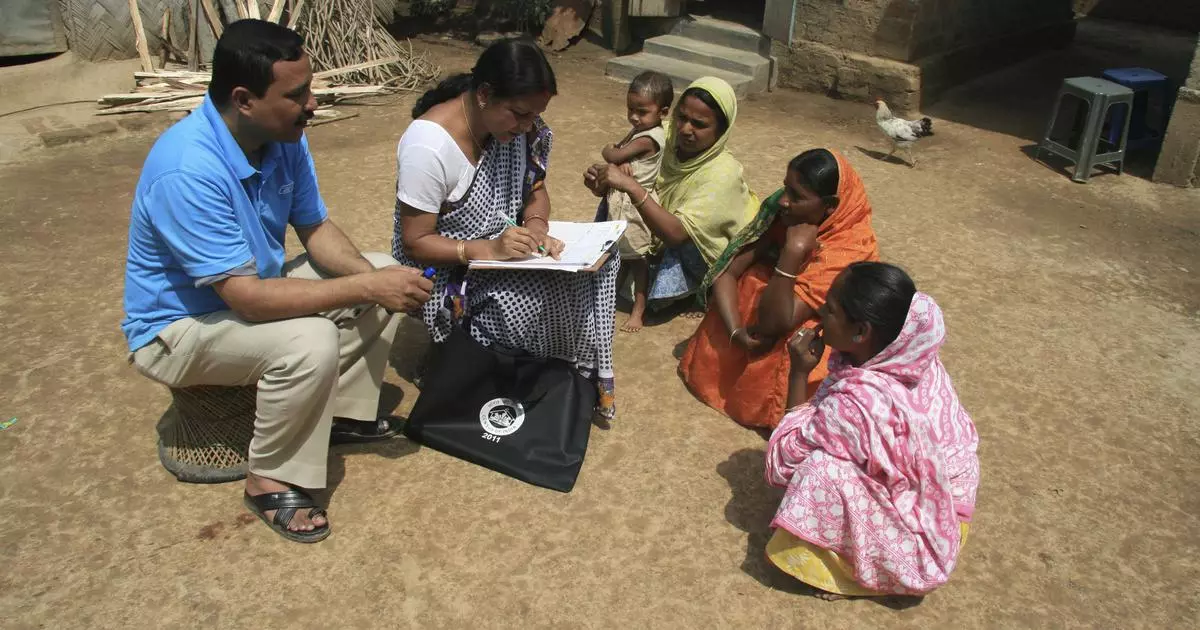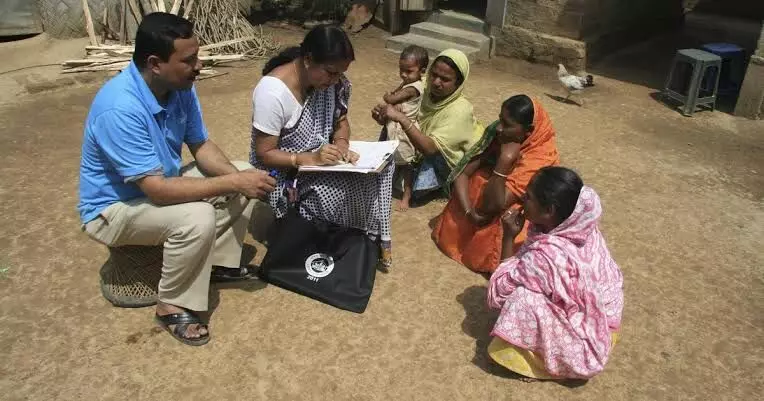
Census delay: When will it begin?
text_fieldsThe Covid pandemic put many activities out of gear, and many got deferred. One of them is the national population enumeration. The first phase of the census should have taken place between April and September 2020, and the second phase in February 2021. During April 2020, when the forced lockdown was put in place and social life came to a halt, an exercise like the census was unthinkable. In the first half of 2021, when the second phase should have been undertaken, the country, especially northern India was tottering in the second wave of Covid. But now the world is by and large rid of Covid. In India elections have been held in several states including the most populated Uttar Pradesh. Festivals and people's gatherings are back. The only thing uncertain is when the census will begin. What the government disclosed in Parliament in April this year was that Census and allied activities stand deferred until further orders.
Census is an undertaking that cannot be launched overnight, as note-ban and lockdown were imposed. The preliminary steps will have to be taken at least one year in advance which means that during this year, even the preliminary actions are unlikely to happen. This indefinite delay will have immeasurable consequences. For, it is based on population statistics that development activities are to be planned. Analysis of census statistics is vital for policy formulation in areas of health, employment and welfare schemes. In the absence of up-to-date statistics, it will become necessary to use 2011 census data and proceed with policy formulation and schemes on that basis. (It may also be noted that many of the data collected during 2011 were released only after eight years, in 2019). Even the food quotas for states are decided based on census figures. If that is the case, as activists and researchers point out, over 10 crore people will be excluded from the food subsidy schemes of the government. Obviously this will give a severe blow to the weaker sections of the country who are already on a path to extreme poverty and starvation.
In addition to India, in over ten countries census work was put in disarray. Small countries may be able to move forward by taking at face value figures from other sources that are dependable. That is impossible in a country like India with 138 crore people. But, in several large countries where census was postponed, an understanding has been reached as to when census can begin. China, which has a larger population than India, and was the epicentre of the Covid virus, did move forward with its data gathering as early as in 2020 when the country was slowly recovering from the suffering of pandemic; it even completed the statistics collection the next year.
It is quite unfortunate that the government had declared many times that it will implement the citizenship amendment bill, which is an instrument of discrimination, when Covid is brought under control, but it has not been able to decide when it would take a count of the number of people living in the country, how many of them have food to eat and clothes to wear and how many go to bed starving. In post-Covid period, for the policy decisions in the health sector for for studies and experiments, census data are indispensable. In the absence of accurate figures and details, socially and economically weaker sections, who suffer from lack of visibility, will be removed completely from the picture of development. The delay in the census cannot be justified by merely blaming the circumstances and Covid. That will only betray the lack of policy direction of those ruling the country. It also speaks for the fact that their primary concern is not the people's welfare and their empowerment.


























